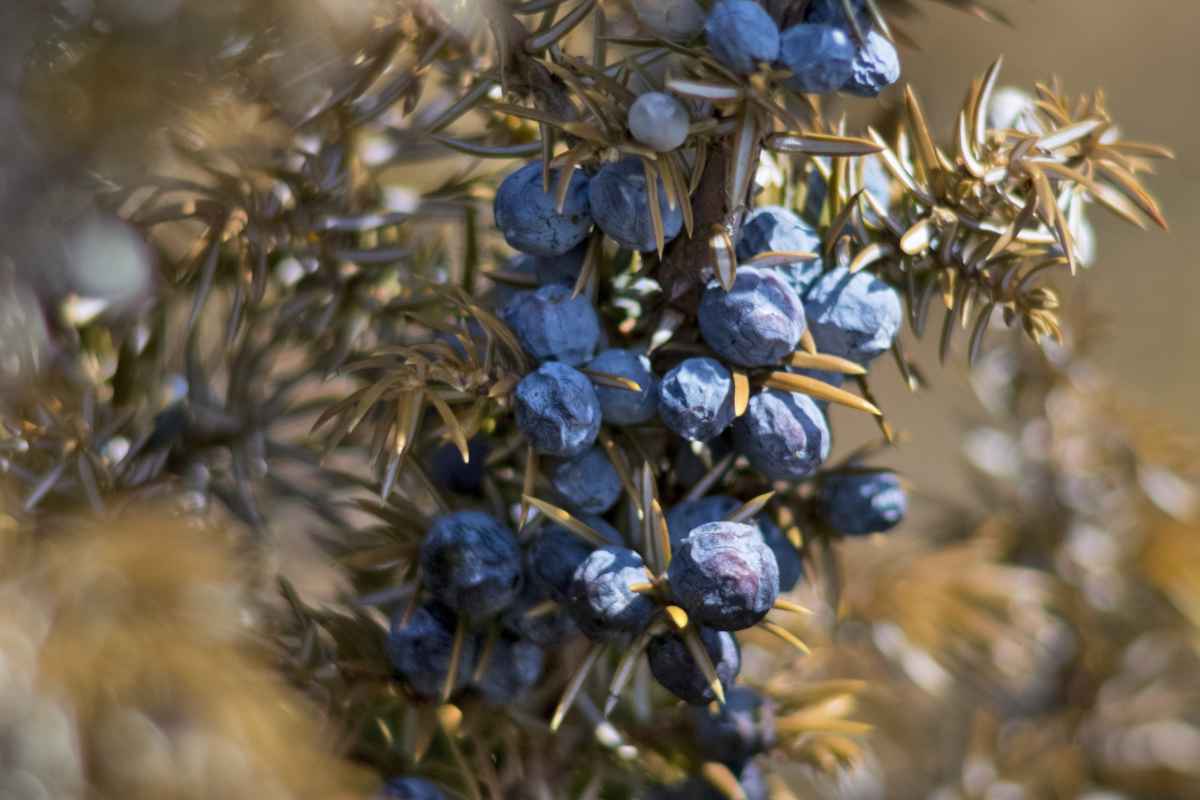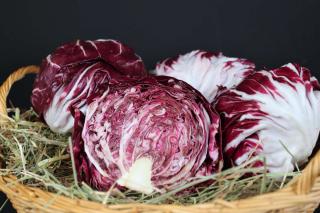Native to India and Asia, juniper berries are very much appreciated in cooking and, additionally, they harbor many health benefits that result in a high therapeutic value.
Juniper or Juniperus (Juniperus communis) is a very hardy small conifer, which has a very slow growth and prickly evergreen needles. It grows in sandy windswept lands, dry hillsides and rocky terrain.
- Gardening: how to grow juniper
Health benefits of juniper
In the Middle Ages, the small juniper berry was already widely used by doctors and since those days, nothing has come to tarnish this plant’s helpful reputation. Its diuretic, purgative, diaphoretic, stomachic and tonic properties touted by pharmacologists in the XVIIIth and XIXth centuries have today been proven.
- Juniper berries are without doubt one of the most potent diuretic agents known to date. They are used for their benefits in case of spreading edema and to treat biliary and renal stone as well as bladder inflammation.
- Be careful, the diuretic effect of juniper is very potent, and can cause irritation to the kidneys. Prolonged or intensive use must be avoided.
- The berries are particularly useful to treat arthritis, gout and all types of rheumatism. They are then used in herb baths: add 4½ lbs (2 kg) young branches and a handful of berries boiled beforehand to the bath water.
- Juniper is an effective invigorating agent and a mild expectorant, effective against sore throat, sinusitis and colds. A syrup is prepared for these cases, ingested morning and evening.
- Juniper berries promote intestinal transit and regulate digestion.
- Used in topical preparations, juniper essential oil stimulates the immune system. It helps fight drowsiness and stress, viral and bacterial infections, cutaneous infections and skin disorders (acne, dermatosis, dermatitis, dull, tired-looking skin). For massages, it also soothes sore muscles.
- Diffused into the surrounding air, juniper essential oil is relaxing and a good stress reliever. It calms interior turmoil and restlessness.
Growing juniper for its health benefits
Juniper adores full sun, even arid. Aside from that, it also requires well drained soil, rocky and sandy.
A word of caution: plant your juniper bushes far away from passageways, because its needles are extremely prickly!
Juniper adapts to all soil stations and can survive for a very long time. It only enemies are scale insects.
If you wish to grow juniper in pots, prefer dwarf varieties.
- Gardening: how to grow juniper
Use juniper in your cooking to reap its health benefits

They are a crucial element of sauerkraut (which they incidentally help digest), are preferred spices for game, pâté, smoked ham and stock.
Juniper also serves to flavor certain alcohols such as gin and aquavit… drink responsibly, of course!
Drying on the bush by DutchDekkers under Pixabay license





I have a question
Ask my questionI'd like to comment
Post a comment